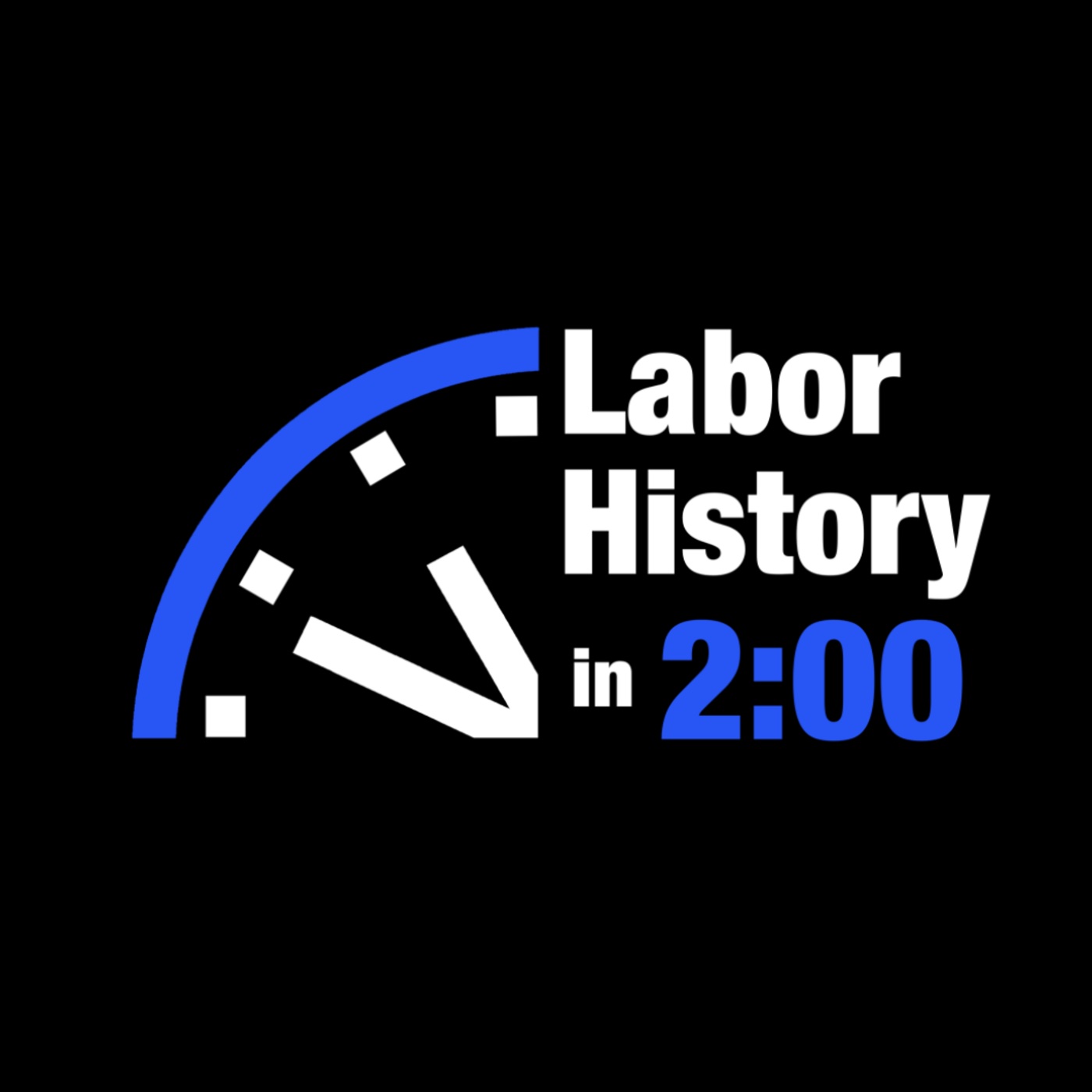Episodes
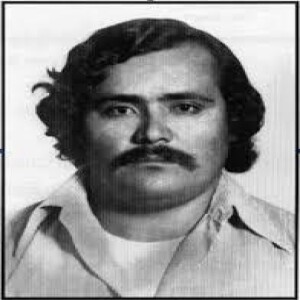
Monday Feb 10, 2025
February 10 - A Day of Infamy for Farm Workers
Monday Feb 10, 2025
Monday Feb 10, 2025
On this day in labor history, the year was1979, Rufino Contreras gave his life to the labor movement.
In the Imperial Valley of California the United Farm Workers were engaged in a bitter labor strike against lettuce growers.
Shortly before noon, Contreres and six other strikers walked onto a lettuce field owned by Mario Saikhon in an attempt to try talk to a group of 75 scabs brought in to break the strike.
Before they could reach the scabs shots rang out.
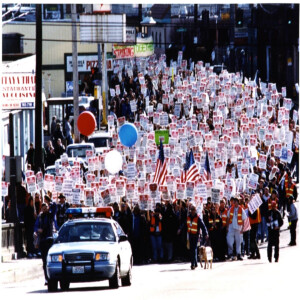
Sunday Feb 09, 2025
February 9 - No Nerds, No Birds!
Sunday Feb 09, 2025
Sunday Feb 09, 2025
On this day in labor history, the year was 2000, members of the Society of Professional Engineering Employees in Aerospace (SPEEA) went on strike against Boeing.

Saturday Feb 08, 2025
February 8 - Moral Mondays
Saturday Feb 08, 2025
Saturday Feb 08, 2025
Each and every day Labor’s history continues to be written. Such is the case in North Carolina. On this day in labor history, the year was 2014 which saw a massive protest in Raleigh.
The protest was part of the “Moral Monday” movement.
“Moral Mondays” started off as and continue as a series of protests against new policies enacted by the Republican legislature and governor of North Carolina.
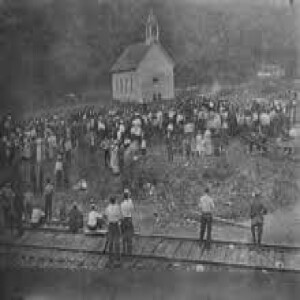
Friday Feb 07, 2025
February 7 - Bull Moose Forces Massacre Striking Miners
Friday Feb 07, 2025
Friday Feb 07, 2025
On this day in labor history, the year was 1913 law enforcement officers and mining company guards rode on an armored train firing indiscriminately into a tent colony of striking miners and their families at Holly Grove, West Virginia.
For nearly a year, what became known as the Paint Creek-Cabin Creek mine wars had raged in the rich coal range of West Virginia?
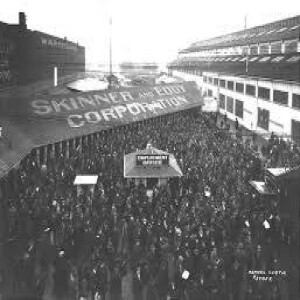
Thursday Feb 06, 2025
February 6 - The Post-War Strike Wave Begins
Thursday Feb 06, 2025
Thursday Feb 06, 2025
On this day in labor history, the year was 1919 marking the first day of the week-long general strike in Seattle, Washington. As World War I drew to a close many workers in the city were frustrated by two years without pay increases due to the war.
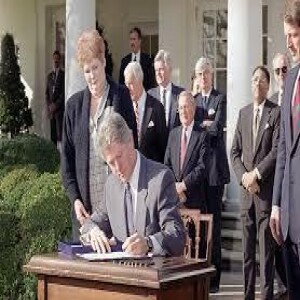
Wednesday Feb 05, 2025
February 5 - FMLA Becomes Law
Wednesday Feb 05, 2025
Wednesday Feb 05, 2025
On this day in labor history, the year was 1993, Today marks an important day for all working families in the United States. In an attempt "to balance the demands of the workplace with the needs of families." President Bill Clinton signed the Family Medical Leave Act, or FMLA.
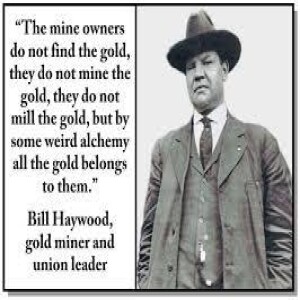
Tuesday Feb 04, 2025
February 4 - Big Bill Haywood is Born
Tuesday Feb 04, 2025
Tuesday Feb 04, 2025
On this day in labor history, the year was 1869 and we celebrate the birthday of one of the most formidable figures in U.S. labor. “Big Bill Haywood” was one of the founders of the Industrial Workers of the World or IWW in 1905. He was also active in the Socialist Party. Haywood entered the mines at only nine years of age. He became the secretary-treasurer of the Western Federation of Miners in 1900.
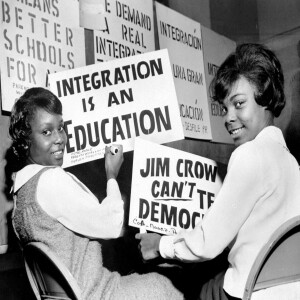
Monday Feb 03, 2025
February 3 - NYC Students Boycott Segregation
Monday Feb 03, 2025
Monday Feb 03, 2025
During this past year, there have been many news stories of students walking out of public schools to protest the practices of community policing. This tactic has deep roots in the Civil Rights Movement. On this day in labor history, the year was 1964 with nearly a half a million African American and Puerto Rican students in New York City, participated in a one-day school boycot
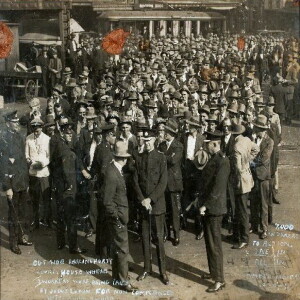
Sunday Feb 02, 2025
Sunday Feb 02, 2025
Today in labor history, February 2, 1929 3,000 timber workers in New South Wales, Australia were locked out of their jobs. Australia was in the midst of the Great Depression.
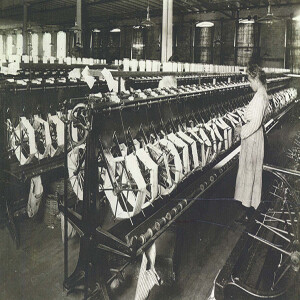
Saturday Feb 01, 2025
February 1 - The 1913 Paterson Silk Strike
Saturday Feb 01, 2025
Saturday Feb 01, 2025
Today in labor history, February 1, 1913 was the first day of the Paterson, New Jersey silk weavers strike. During the strike than 20,000 silk weavers walked off the job. They strike started at the Doherty Silk Mill.

